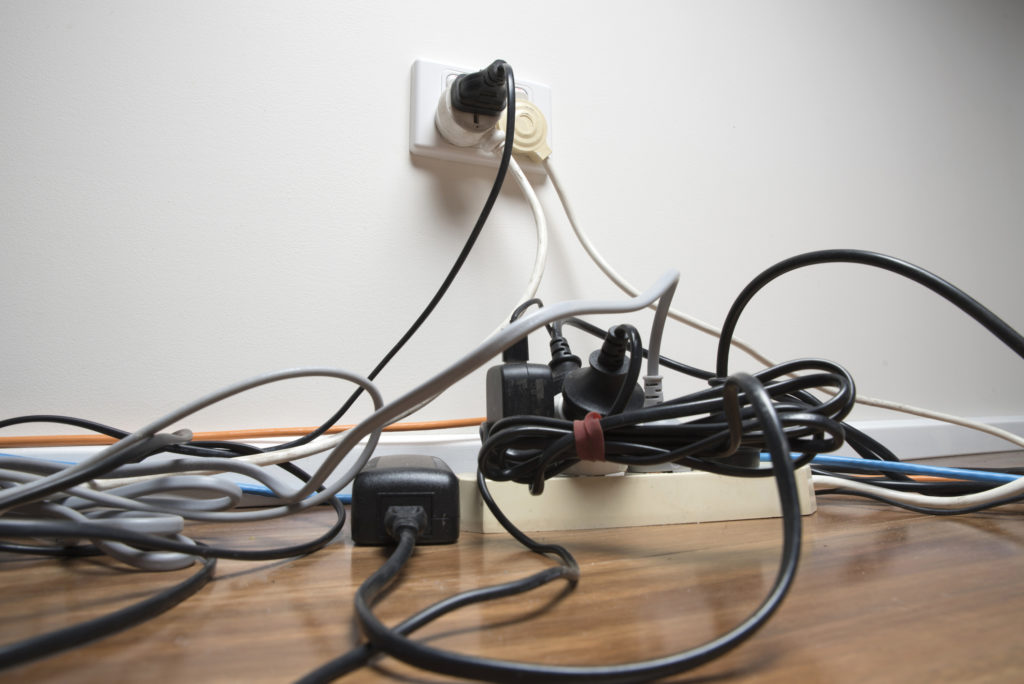Typically, most households have an overabundance of electrical devices and lack the number of plugs needed to satisfy them all. Extension cords come to the rescue many a time, but also can be a fire and electrical hazard if used incorrectly! You always need to consider using extension cords properly to avoid personal injury or loss in the home.
At Lambton Mutual, we recommend the following for using extension cords:
- Extension cords are not a permanent solution for electrical wiring. They are to be used temporarily.
- Always purchase cords which carry the Underwriters Laboratories (UL) mark or CSA.
- Plug major appliances, like your fridge or stove, directly into a wall receptacle outlet.
- Never overload the extension cord with too many devices being plugged into it. This can cause over heating resulting in fire.
- Check the capacity of the voltage compared to the intended use or tool being used. Make sure it matches and do not exceed it.
- Never run extension cords through snow or water as doing so may cause electric shock.
- Do not run them through ceilings, doorways, floors, or under carpets. Doing so inhibits heat from being released from the cord. This can cause a fire hazard.
- Never connect multiple extension cords together. A cord needs to be directly plugged into a receptacle.
- Always make sure the plug is fully inserted into the receptacle to avoid electrical shock.
- Never use staples, nails or binder clips to fasten an extension cord to a surface (like a wall) as doing so may puncture the insulation.
- If the cord is frayed at all, it should be discarded.
- Be aware of and avoid the potential “trip and fall” hazard created by extension cords.
We hope these few do’s and don’ts have provided some thoughtful ideas on how to safely utilize extension cords around your household. If your next task involves the use of an electrical device requiring an extension cord, you can be safer by following these tips.
